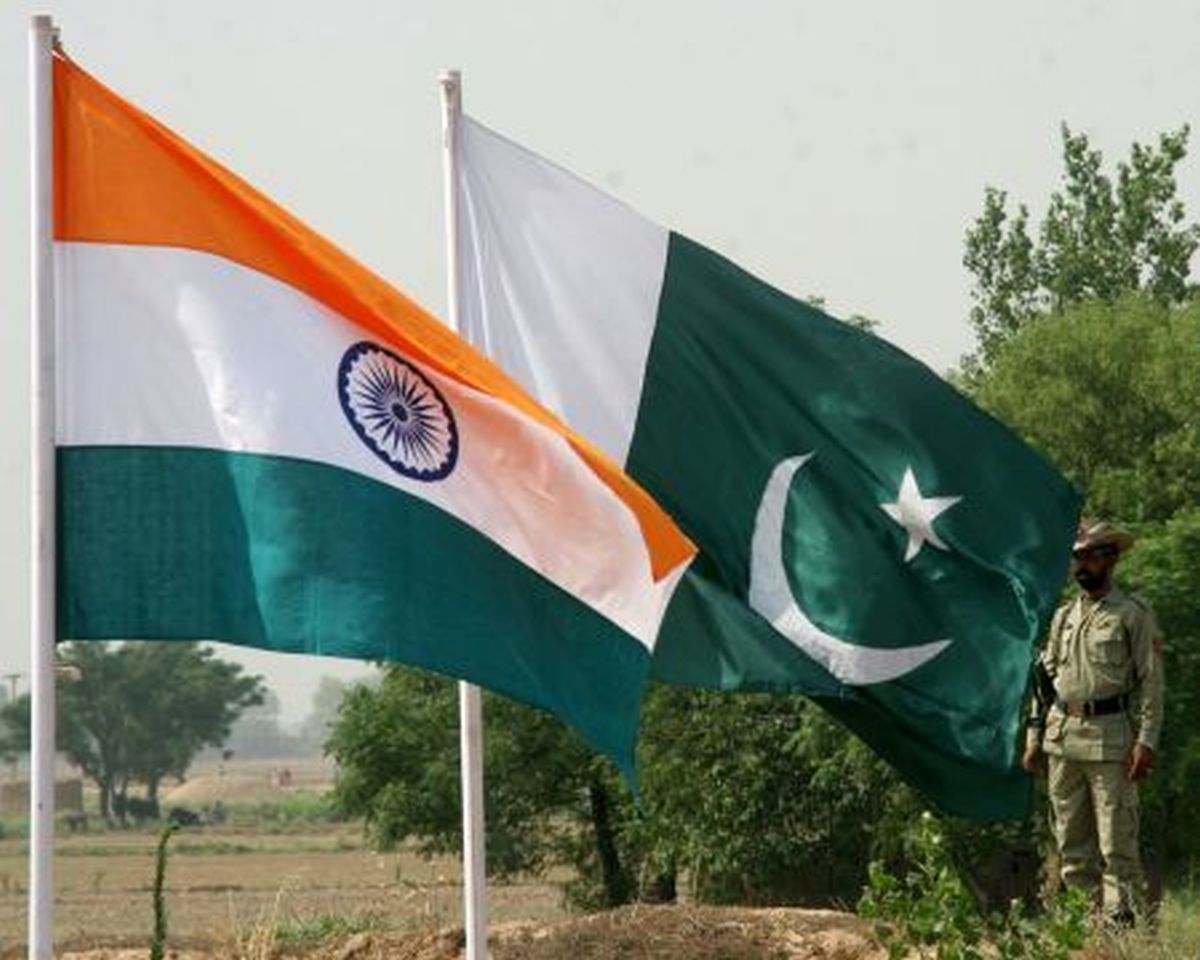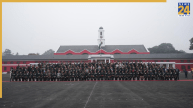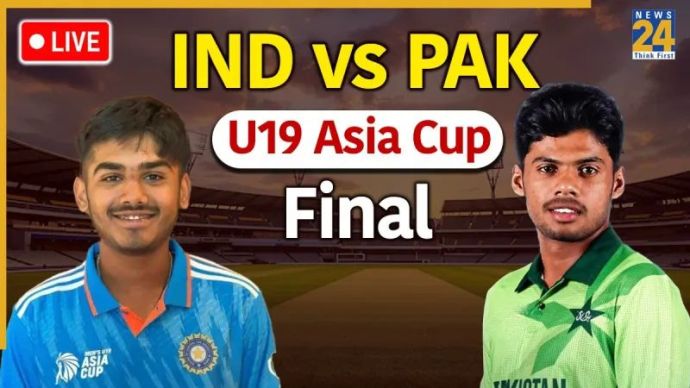India has taken a tough stand against Pakistan and made it clear that it would not be swayed away by the olive branch offered by the neighboring state. After Pakistan invited Indian Prime Minister Narendra Modi to attend the Council Of Heads of States of the Sanghai Co-operation Organisation, political observers felt that Islamabad was trying to reach out to India and hinting at improving ties with New Delhi. It is in the interest of Islamabad to have better ties with India considering the economic crisis it has found itself. Besides, Prime Minister Shahbaz Sharif also wants to send signals to the international community after the image of his government got a beating over the election in which the main opposition party was not allowed to participate.
Will India Accept Pakistan’s Olive Branch?
Ministry of External Affairs Spokesperson Randhir Jaiswal confirmed the acceptance of the invitation, but he did not say if the Indian prime minister would go to Islamabad to participate in the meeting. Launching former Ambassador Rajiv Sikri’s book, “Strategic Conundrums: Reshaping India’s Foreign Policy,” he indicated in the most unambiguous terms that India is not in a hurry to fall in line with Pakistan.
India Not To Fall Into Trap
He said that the days of uninterrupted dialogues with Pakistan are over, making it clear that New Delhi would not fall into the trap of Pakistan and engage in talks for the sake of talks. He also warned Islamabad and all those who encourage terrorism that stern actions would be taken.
Moving one step forward, he asked how do you deal with a neighbor who does not hide the fact that it uses terrorism as an instrument of statecraft?
India-Pakistan Relations Nosedive
The relationship with Pakistan nosedived after India abrogated Article 370 and scrapped the provision of special status guaranteed under this article. Islamabad not only condemned India in the strongest possible words, it also downgraded its diplomatic level in New Delhi and launched a campaign at the UN and other international fora. Pakistan imposed additional tariffs on Indian imports, making it almost impossible to buy anything from India. New Delhi hit back by imposing duties on Pakistani imports and the bilateral trade came to a standstill in all practical terms.
Pakistan Under Siege
After economic woes hit Pakistan and the country suffered soaring inflation, its currency came to a historically low level, its balance of payment became miserable, it became almost broke. Political analysts believe Islamabad adopted the policy of improving ties with India to send signals to the international community and keep its border calm. So, it can be said that Pakistan’s overture to India is due to its problems, and it can go back to its old days of fomenting terrorism in its neighboring country.
Will Terrorism Go Up In Jammu-Kashmir?
India is also aware that the terrorism in Jammu and Kashmir could go further up as the union territories are going for polls. Observers believe that Pakistan may send more terrorists to the areas in an attempt to derail the polls. It can try to send strong signals to the international community that the elections do not represent the true wishes of the people of Jammu and Kashmir. Naturally, India adopts a tough stand against Pakistan.
Political observers believe Narendra Modi is not likely to go to Pakistan to participate in the SCO meeting. Foreign Minister S Jaishankar may participate in the Heads of Governments’ meeting. There is no scope for improving the ties at present, India may wait at least for the elections in Jammu and Kashmir to be over.













